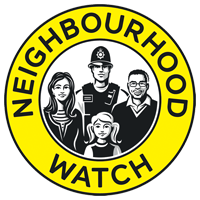The impact of hate incidents and hate crime?
Incidents motivated by hate have a devastating impact on the victim and their family. Some hate crimes start as more minor incidents, which can escalate into more serious and frequent offences. Where victims suffer a series of such incidents, the cumulative effect can destroy their lives through emotional damage and long term trauma. People are made to feel like they don’t belong and will often change their lifestyles or question their identities to try and avoid further incidents.
Hate crime isn’t just an attack on an individual but an attack on a community (or group).
Although the police can only charge and prosecute someone when the law has been broken, there are other things that the police and their partner agencies can do to help victims deal with the distress caused by hate incidents.
It’s possible to experience tensions in a community before a crime has been committed. It may be a gut feeling or concerns that a high-profile event or incident could have a local impact. Tensions should be reported to your local policing team or Neighbourhood Watch coordinator. Reporting incidents helps build evidence and a profile of a particular area or individual so that something can be done, such as increased patrols or public briefings. It’s important to act early and report all hate incidents, whether or not they are criminal offences.
A hate crime can be aggravated or motivated.
- An aggravated crime could be when two people argue, and one party uses a racist or homophobic term to insult the other party.
- A motivated crime may be when an individual purposely targets someone in a premeditated attack because of their race, religion, sexual orientation, disability or because they are transgender.
A tougher sentence will be imposed when a judge rules that an incident was motivated by ‘hostility or prejudice’.
